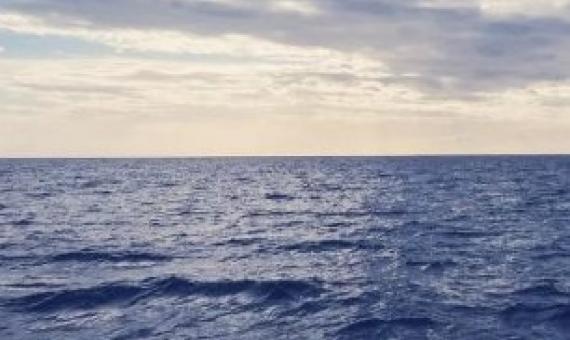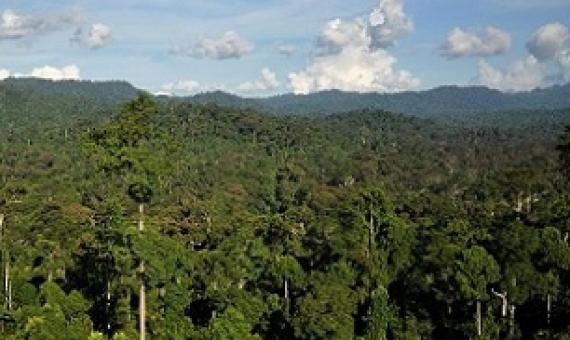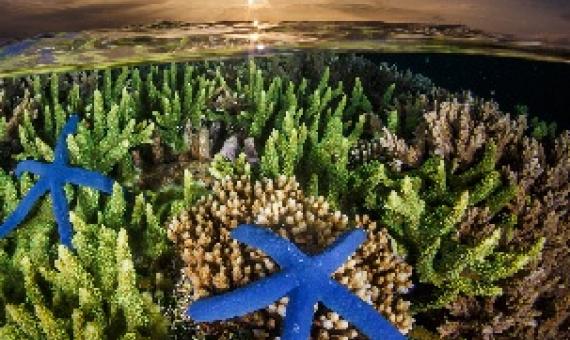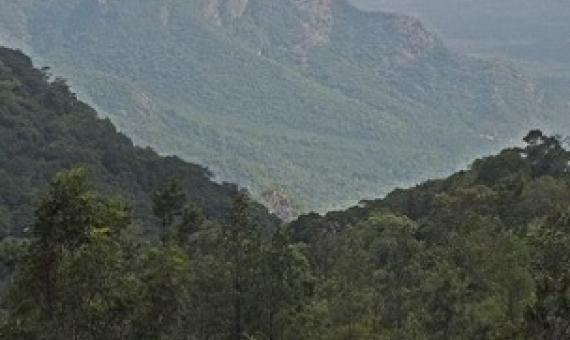Currently, less than 3 per cent of the ocean is protected from fishing, mining and other commercial activities. With so little protection, it is perhaps unsurprising that three quarters of fish species are depleted, and shark numbers have declined by 90 per cent over the last few decades.
Nearly a third of the world’s oceans and land should be protected by 2030 to stem extinctions and ensure humanity lives in harmony with nature. That is the suggestion from 195 countries in a proposed United Nations plan to tackle the global destruction of nature.
Eliminating plastic pollution, reducing pesticide use by two-thirds, halving the rate of invasive species introduction and eliminating $500bn (£360bn) of harmful environmental government subsidies a year are among the targets in a new draft of a Paris-style UN agreement on biodiversity loss.
A recently published study in the journal Science gives recommendations for decision-makers preparing to set new biodiversity goals at the Convention on Biological Diversity (CBD) in 2021.
We believe that countries must take into account lessons from the failure to meet the Aichi targets; the greatest being failure to allocate resources to stop degradation of ecosystems and fight climate change.
Contribute to shaping the agenda for the post-2020 Biodiversity Framework and the upcoming UN Decade of Ecosystem Restoration. With critical conferences canceled by the COVID-19 pandemic, it is essential to continue to identify and share solutions together.
With the COVID-19 pandemic postponing the Conference of Parties to the Convention on Biological Diversity (CBD-CoP), there is time to better understand and integrate the concept of ecological civilisation into the global biodiversity framework from 2021-2030.













